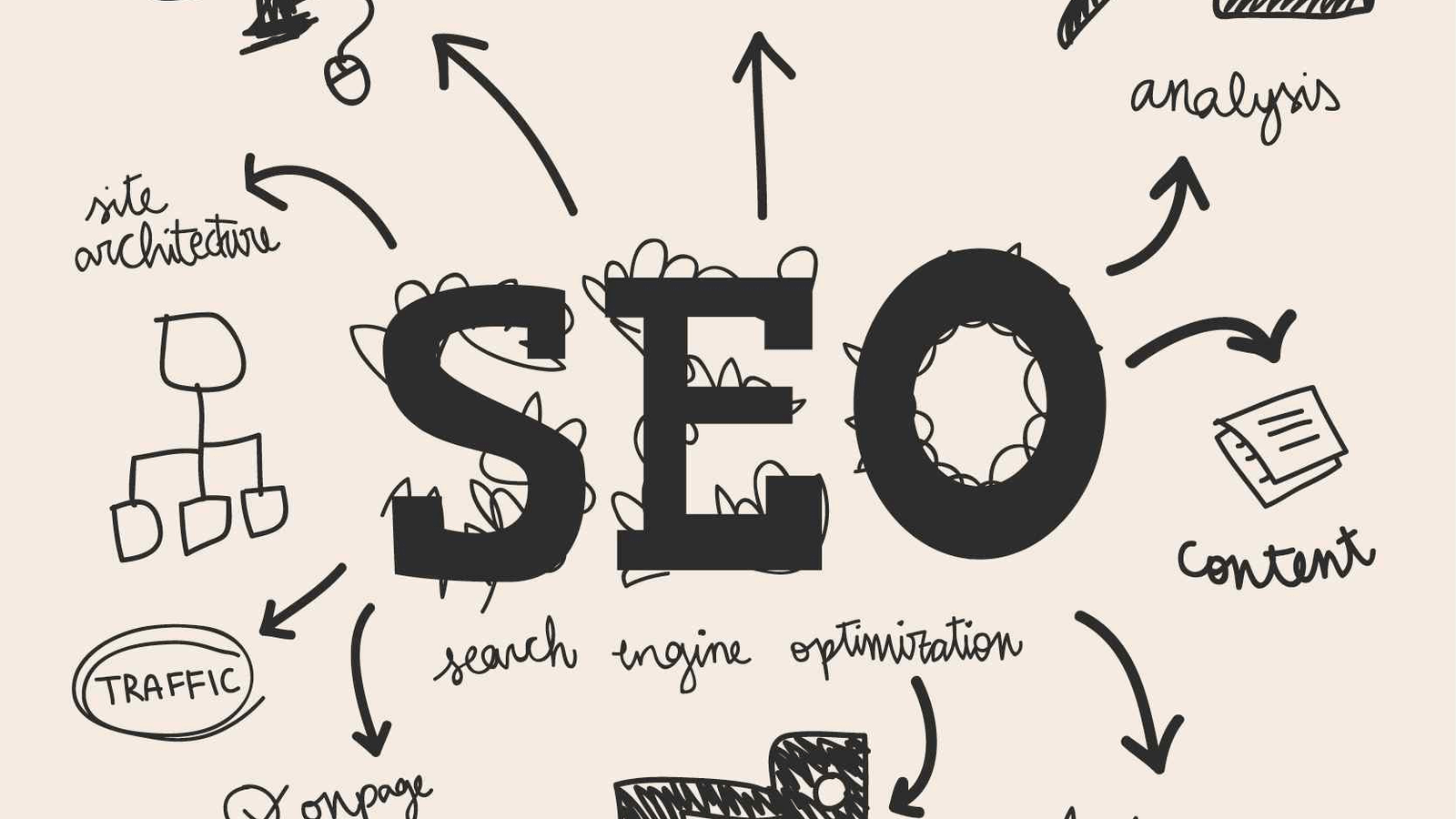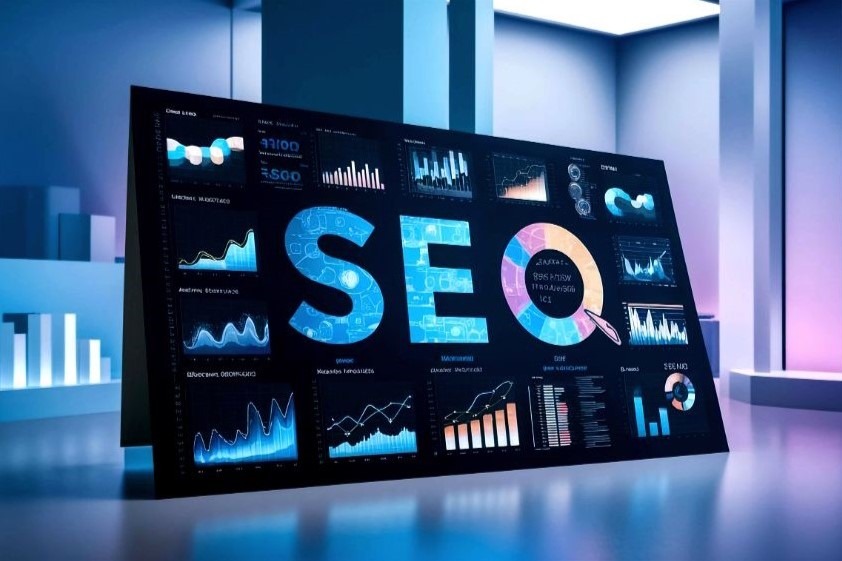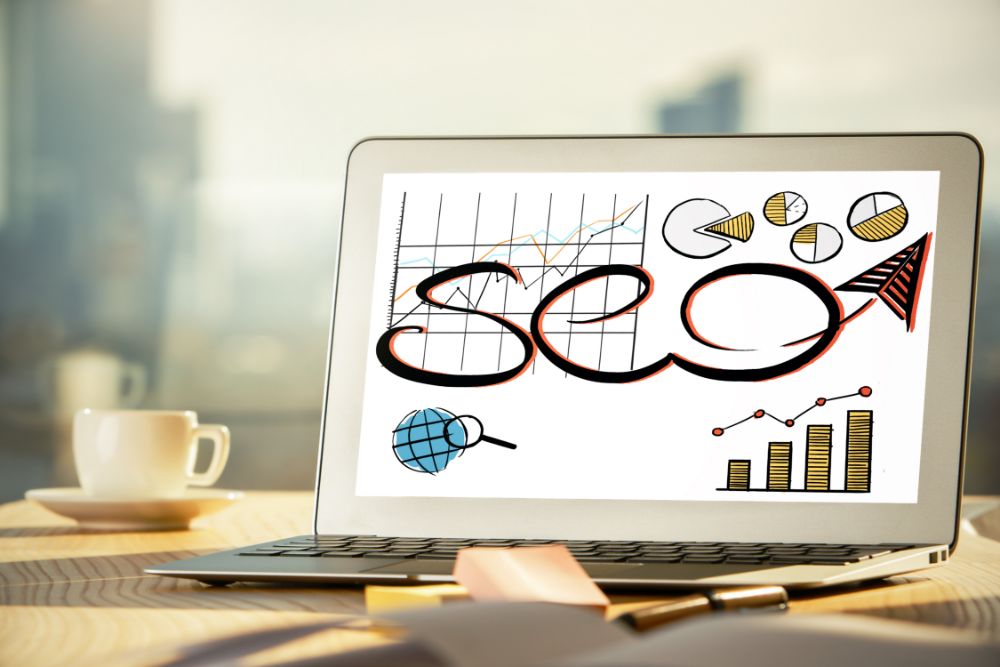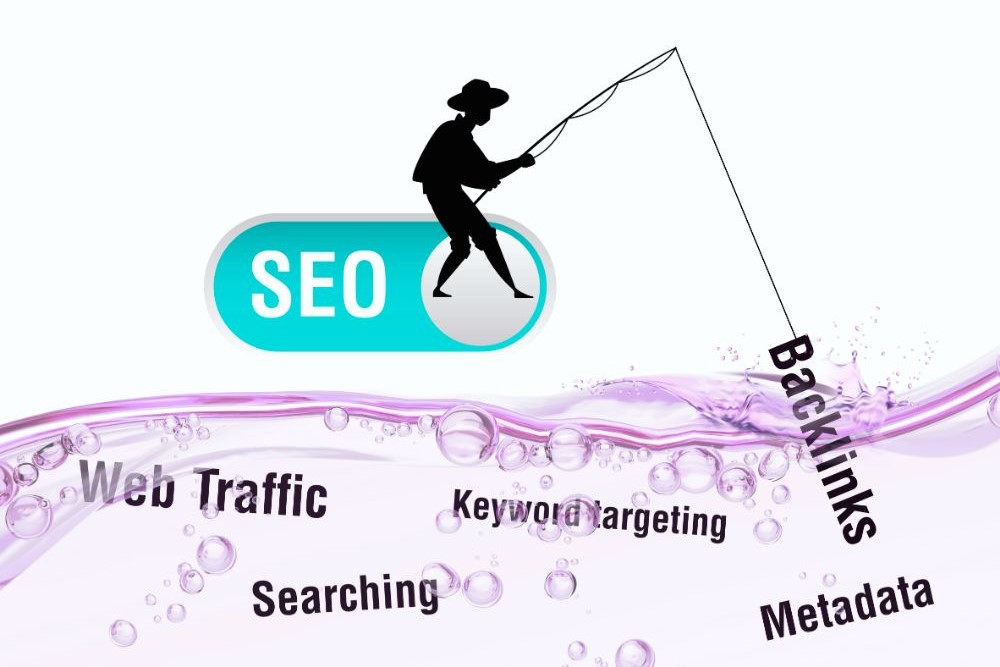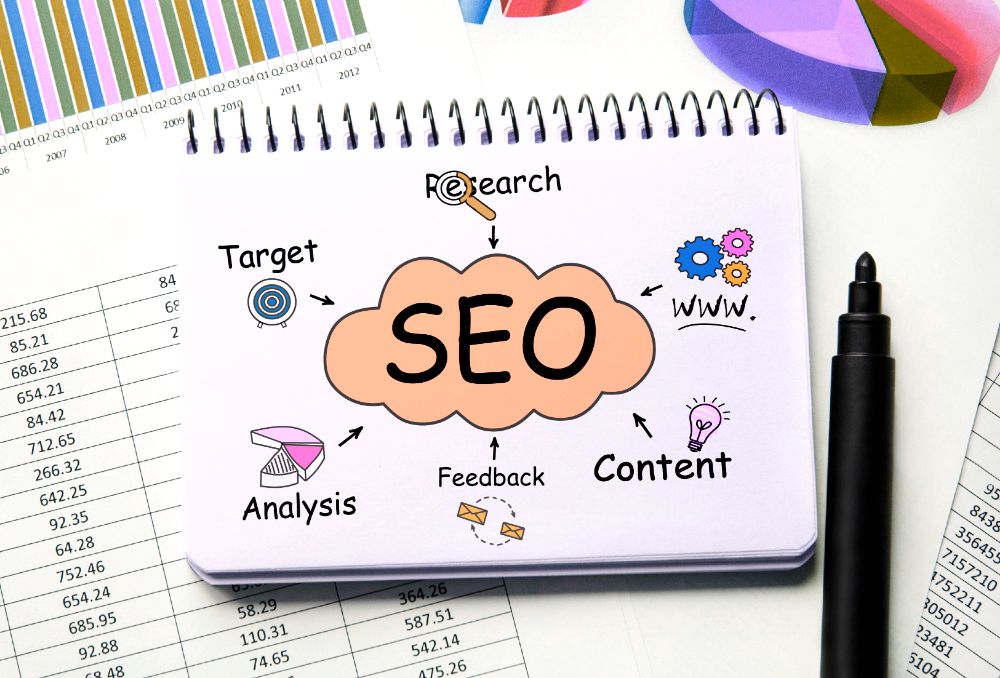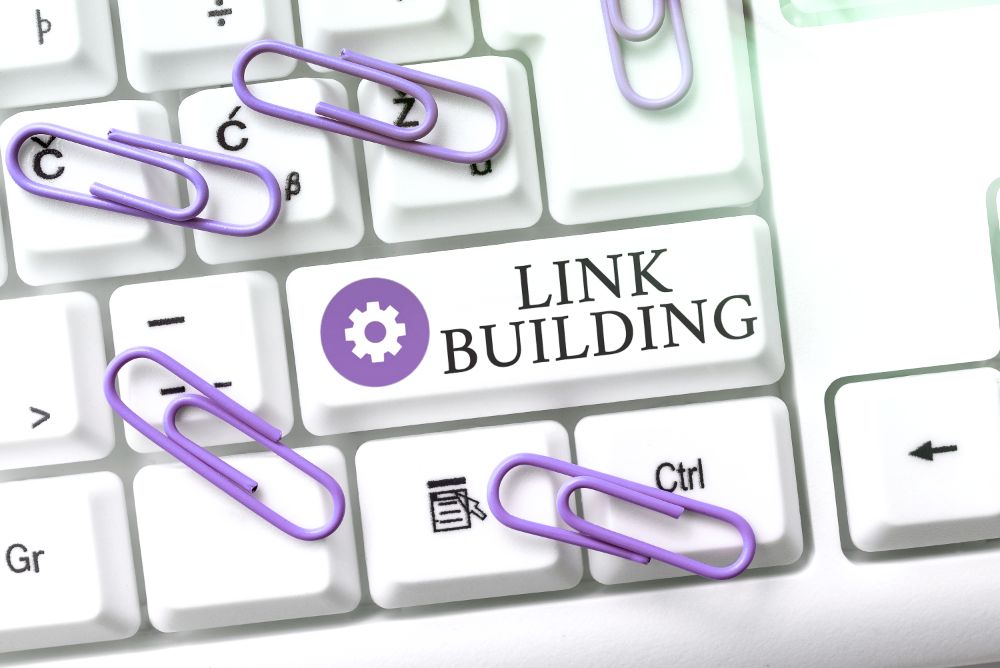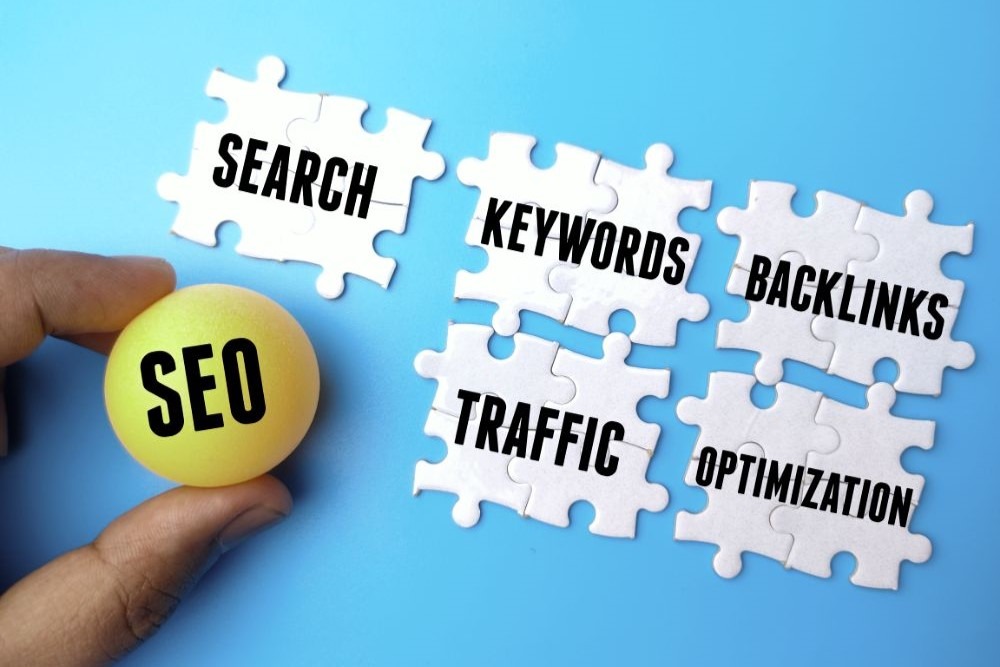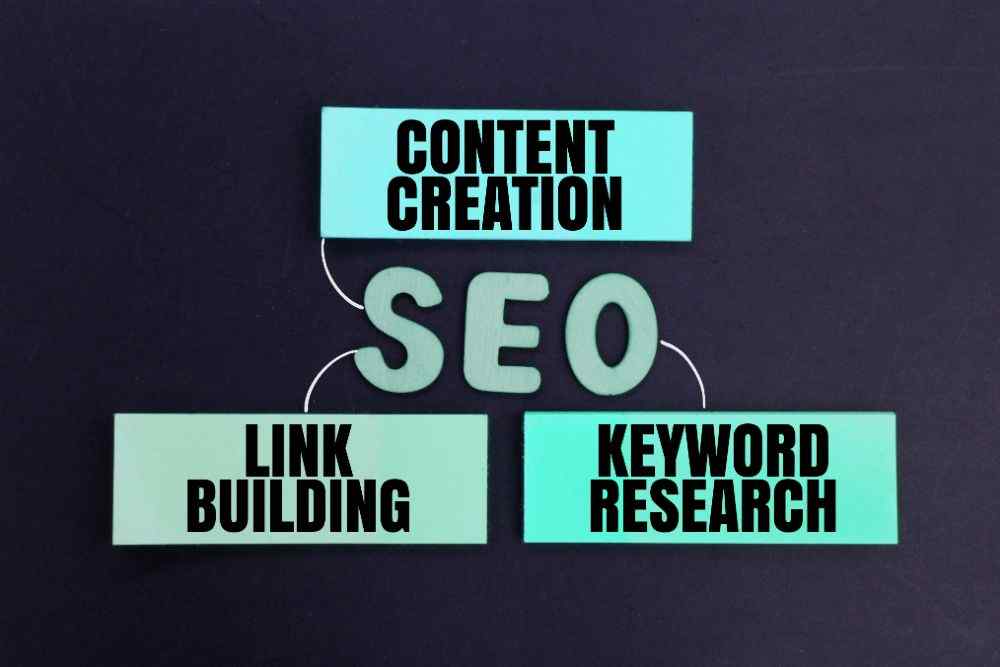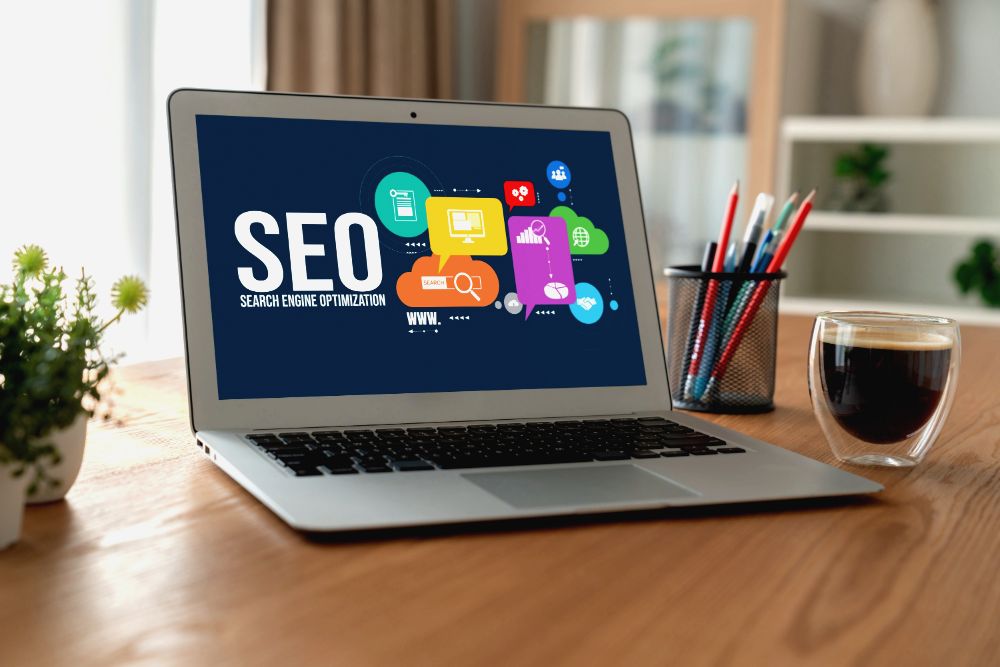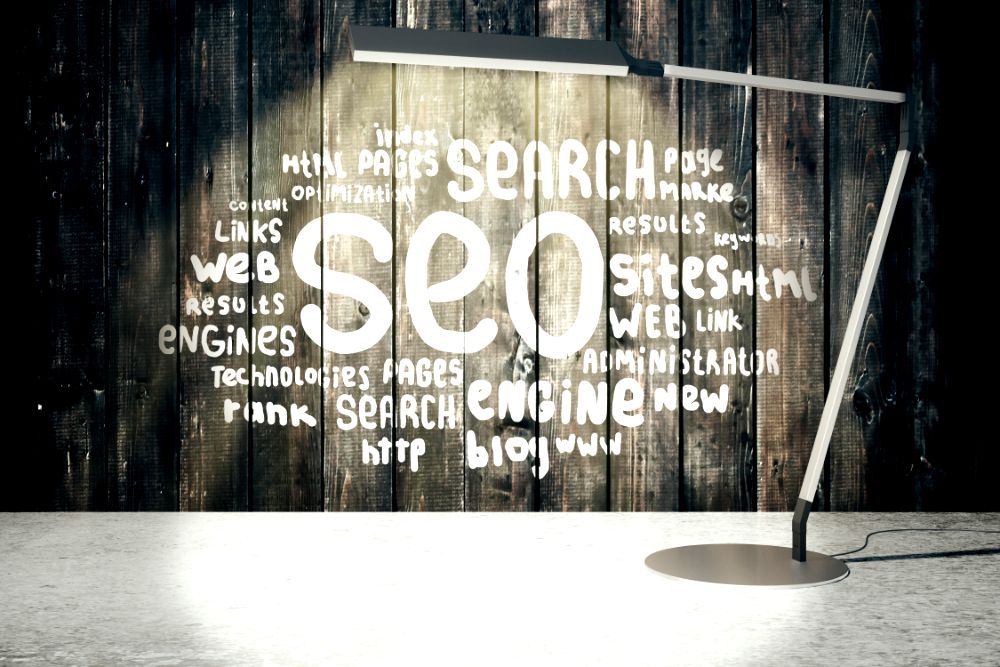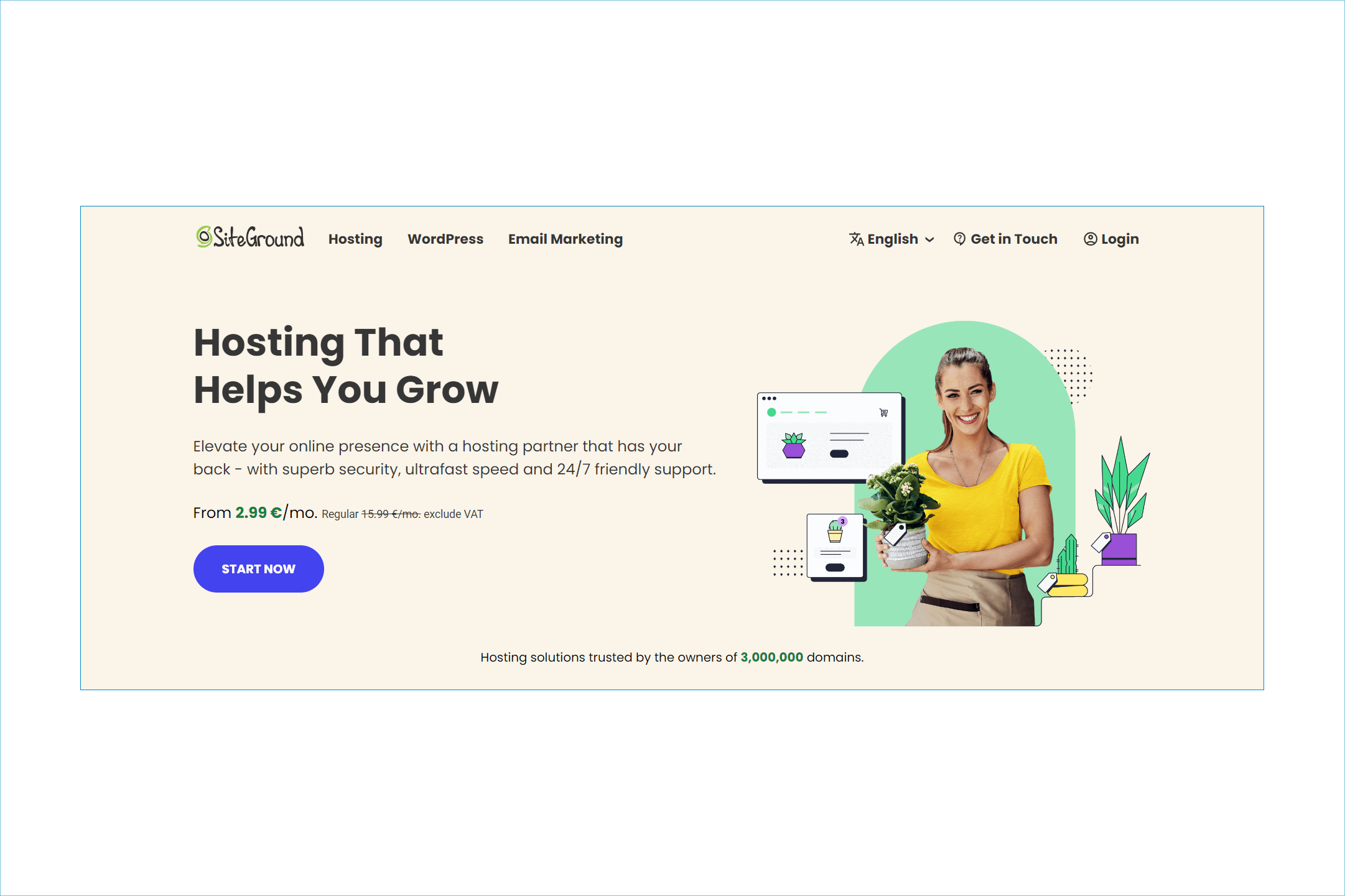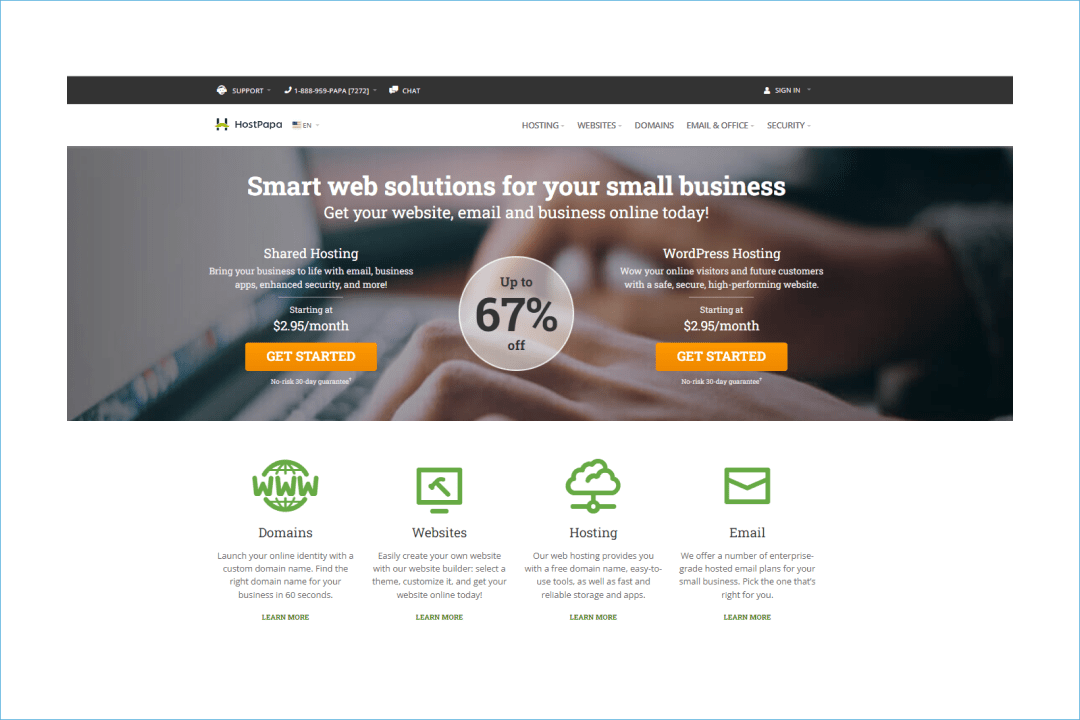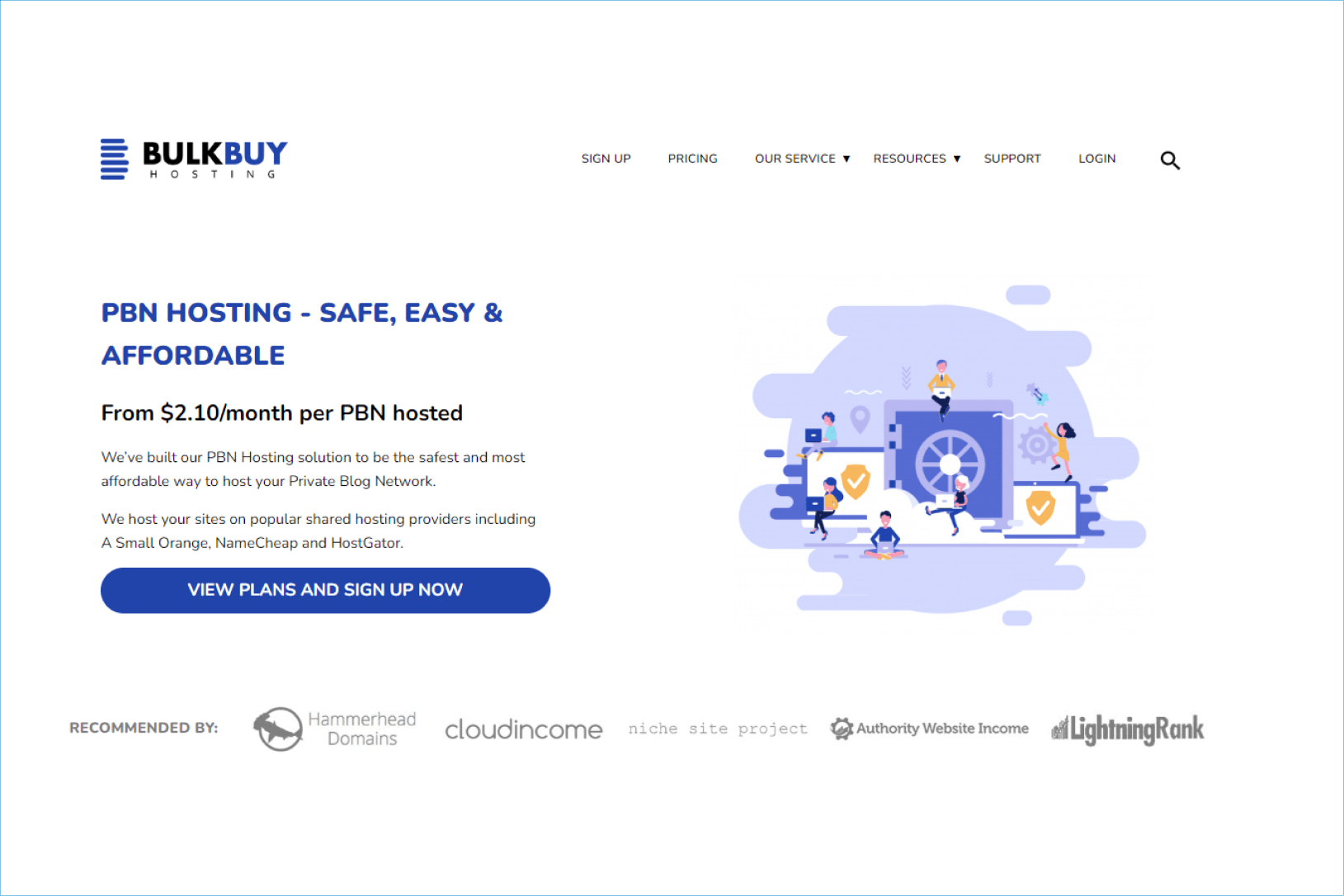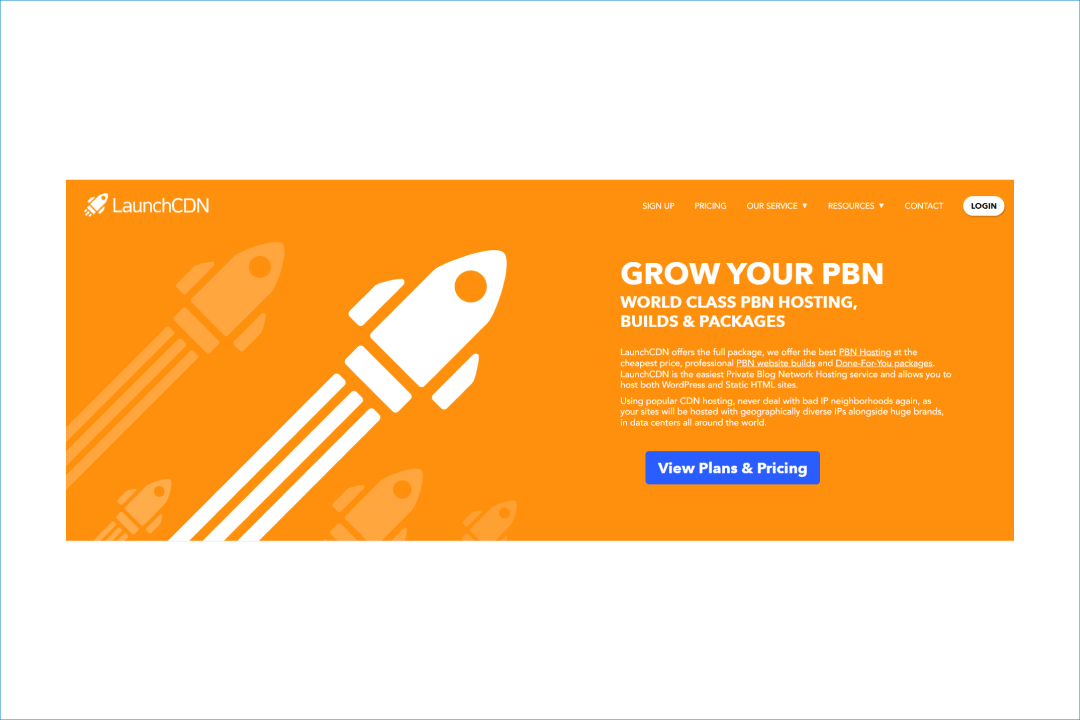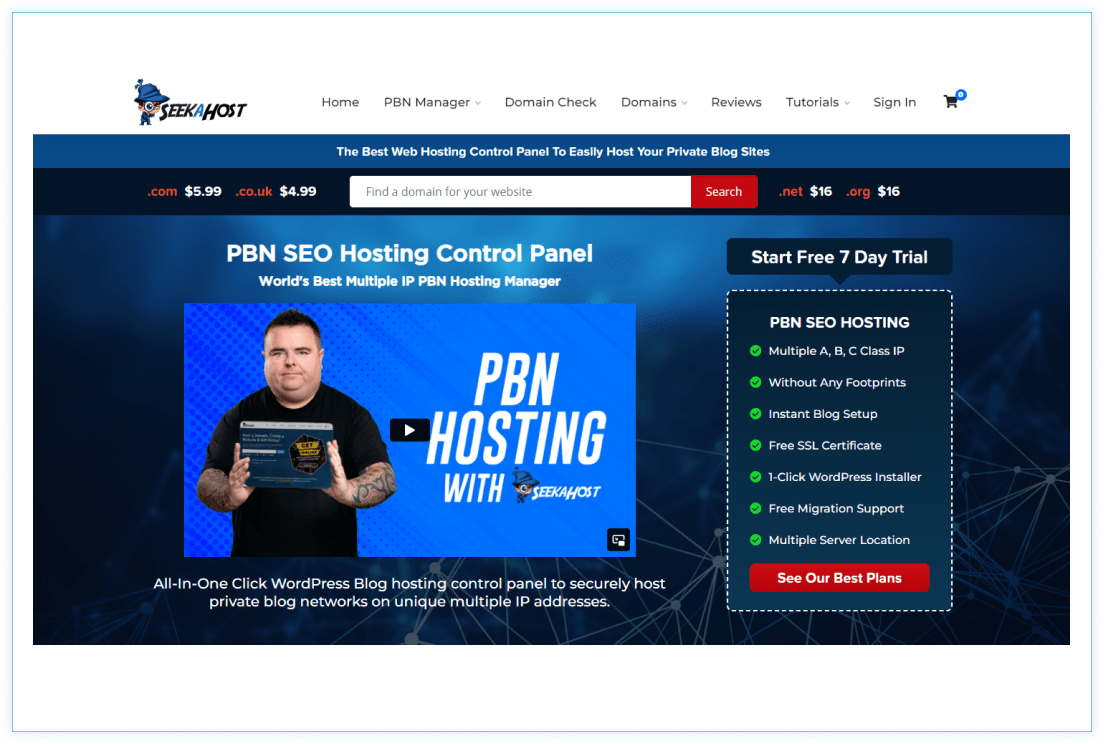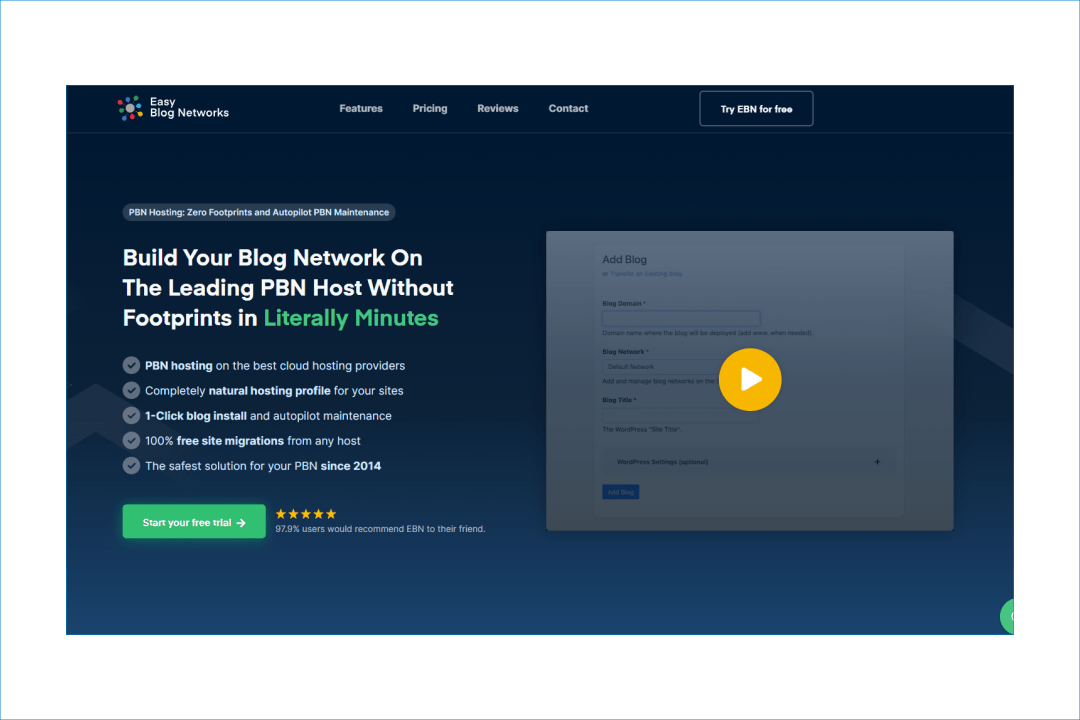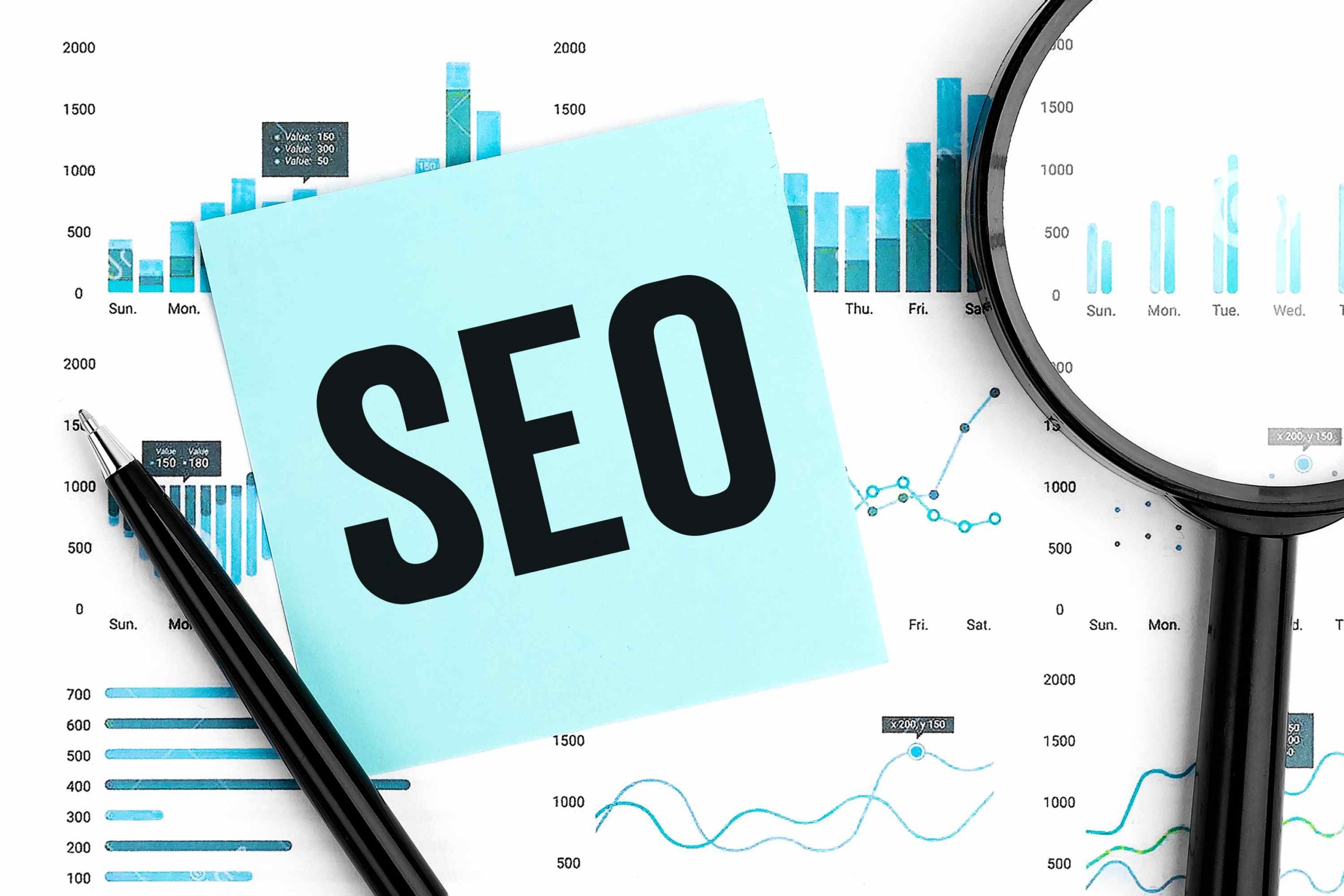
In the competitive digital marketing and SEO world, the strategies that lead to success are often detailed and complex. External links are a key part of this.
While they might seem like simple hyperlinks to another website, they are actually powerful tools that can greatly influence a website’s credibility, authority, and visibility. This article explores what external links are, their impact, how they differ from other link types, and the best ways to use them.
Key Takeaway
- An external link, also called an outbound link, is a hyperlink that directs users to a webpage or resource outside of the current website.
- Including external links is valuable because they improve the user experience by providing additional information and sources.
- Each external link acts as a backlink for the destination site, contributing to its authority and potentially boosting its search engine rankings.
- Some webmasters and SEO professionals believe that linking to reputable websites enhances a page’s credibility and trustworthiness in Google’s eyes.
- The key differences between internal and external links are that internal links keep users on your own website, while external links send users to other domains. Both serve important purposes for user experience and SEO but need to be strategically implemented.
What Is an External Link?
An external link, also called an outbound link, is a hyperlink that directs users to a webpage or resource outside of the current website. Unlike internal links, which connect to URLs within the same domain, external links establish connections between different websites.
Including external links is valuable because they improve the user experience by providing additional information and sources. They help users delve deeper into topics, verify facts, and understand how content relates to their queries.
From an SEO perspective, external links play a crucial role. Each external link acts as a backlink for the destination site, contributing to its authority and potentially boosting its search engine rankings. This process is fundamental for SEO success as search engines like Google consider backlinks a significant ranking factor.
Some webmasters and SEO professionals believe that linking to reputable websites enhances a page’s credibility and trustworthiness in Google’s eyes. While there’s no definitive proof, many SEO practices involve linking to high-authority sites with strong Domain Ratings, such as Wikipedia or Forbes, to potentially improve a page’s authority.
In essence, leveraging external links not only improves user experience but also plays a pivotal role in SEO strategies aimed at enhancing visibility and credibility.
The Benefits of External Links
External links, also known as outbound links, offer several significant benefits for websites and content creators. Here are the key benefits:
- Enhanced Credibility and Authority: External links to reputable and authoritative websites can enhance your content’s credibility. When you reference well-established sources, you signal to your audience and search engines that your information is well-researched and trustworthy. This can improve your own website’s authority in your niche.
- Improved SEO Performance: External links are a critical component of SEO. Search engines like Google use backlinks (external links pointing to your site) as a measure of a webpage’s relevance and authority. When high-quality websites link to your content, it signals to search engines that your content is valuable, potentially leading to higher search engine rankings.
- Expanded Content and Resources: External links provide additional value to your audience by offering them more information and resources on related topics. This enriches their experience on your website, making it a more valuable destination. Users appreciate having access to diverse perspectives and deeper insights.
- Building Relationships and Networking: Linking to other websites can help you build relationships within your industry or niche. When you reference and promote other content creators, you establish goodwill and may even initiate collaborations or partnerships. This networking can lead to mutual benefits, including shared audiences and increased visibility.
- Strategic SEO Practices: Using external links strategically, such as linking to high-authority sites and relevant sources, demonstrates to search engines that your content is well-connected and part of a broader web ecosystem. This can positively influence your SEO efforts and help establish your website as a valuable resource.
Difference Between Nofollow and Follow External Links
The main difference between follow and nofollow links is how they are treated by search engines. Here are the key points:
Follow Links
Follow links, also called do-follow links, are regular hyperlinks that allow search engines to follow them from one site to another. They pass SEO value (link juice) to the linked website.
Follow links are used when you want to recommend or endorse the content you’re linking to. They help boost the authority and search engine ranking of the linked page.
They bring benefits for SEO because they help to improving the ranking of the linked page and can indirectly benefit your own website’s SEO efforts.
Nofollow Links
Nofollow links have a special HTML attribute (rel= “nofollow”) that tells search engines not to follow the link or pass any SEO value (link equity) to the linked page. (example: <a href=”https://example.com” rel=”nofollow”>Example Website</a>)
Nofollow links are used when you don’t want to support the linked content or when linking to user-generated content, paid links, or untrusted websites.
Nofollow links do not contribute to SEO rankings directly. They are used to control the flow of link juice and avoid potential penalties from search engines.
Difference Between Internal and External Links
Understanding the difference between internal and external links is essential for optimizing your website’s structure and improving user experience.
Here are the key differences between internal and external links:
Internal Links
- Internal links are hyperlinks that direct users to another page on the same website domain.
- They help connect different pages of your website together and can pass “link equity” or “link juice” between pages.
- Internal links can increase the number of pages a user views per visit, reducing the bounce rate.
- Using optimized anchor text in internal links can help improve the target page’s rankings for those keywords.
- Internal links contribute to your overall on-page SEO.
External Links
- External links are hyperlinks that direct users to a different website domain.
- They can help pass link equity or authority to the linked external site.
- External links could potentially lead a visitor away from your website, which is sometimes seen as a drawback.
- However, linking to authoritative, relevant external sources can improve the credibility and trustworthiness of your own website.
- External links are also a factor considered in a website’s on-page SEO.
Learn more about the different types of backlinks here: https://quirk.biz/different-types-of-backlinks/
How to Use External Links
Using external links effectively is essential for enhancing your website’s credibility, providing value to your audience, and improving SEO.
Here’s a step-by-step guide on how to use external links:
Link to Relevant and High-Quality Sources
Link to authoritative and trustworthy websites that provide reliable information related to your content. Examples include government websites, academic institutions, established news outlets, and well-known industry publications.
External links should be directly relevant to your content. They should add value by offering additional insights, supporting evidence, or further reading on the topic you’re discussing.
Use Descriptive Anchor Text
The anchor text should be descriptive and relevant to the linked content. Avoid generic phrases like “click here” or “read more.” Instead, use specific keywords or phrases that accurately describe the destination page.
Monitor and Maintain Links
Periodically review your external links to ensure they are still active and relevant. Broken links can harm user experience and SEO. Tools like Google Search Console or link checkers can help identify and fix broken links.
If a linked resource becomes outdated or no longer aligns with your content, consider finding an alternative source or updating the link to a more current page.
Avoid Link Schemes
Link schemes are tactics used to manipulate search engine rankings by artificially inflating the number of links pointing to a website. However, employing such strategies can have serious consequences for your site’s visibility and reputation with search engines like Google.
Engaging in link schemes violates Google’s webmaster guidelines, which prohibit any form of manipulative link building. If Google detects these practices, your site could receive penalties ranging from lowered rankings to complete removal from search results.
Read our article How to Protect Your Website from Negative SEO: Expert Tips and Tricks.
Conclusion
Understanding how to effectively use external links can significantly improve your website’s authority, user experience, and SEO performance. Linking to reliable sources, giving context, and using proper attributes not only make your content more credible.
External links should be used strategically to enhance content, provide extra resources, and build connections within your industry. It’s important to avoid link schemes and focus on creating valuable, informative links to maintain a positive reputation with both users and search engines. Thoughtfully integrating external links into your content strategy will contribute to a stronger online presence and better meet the needs of your audience.


